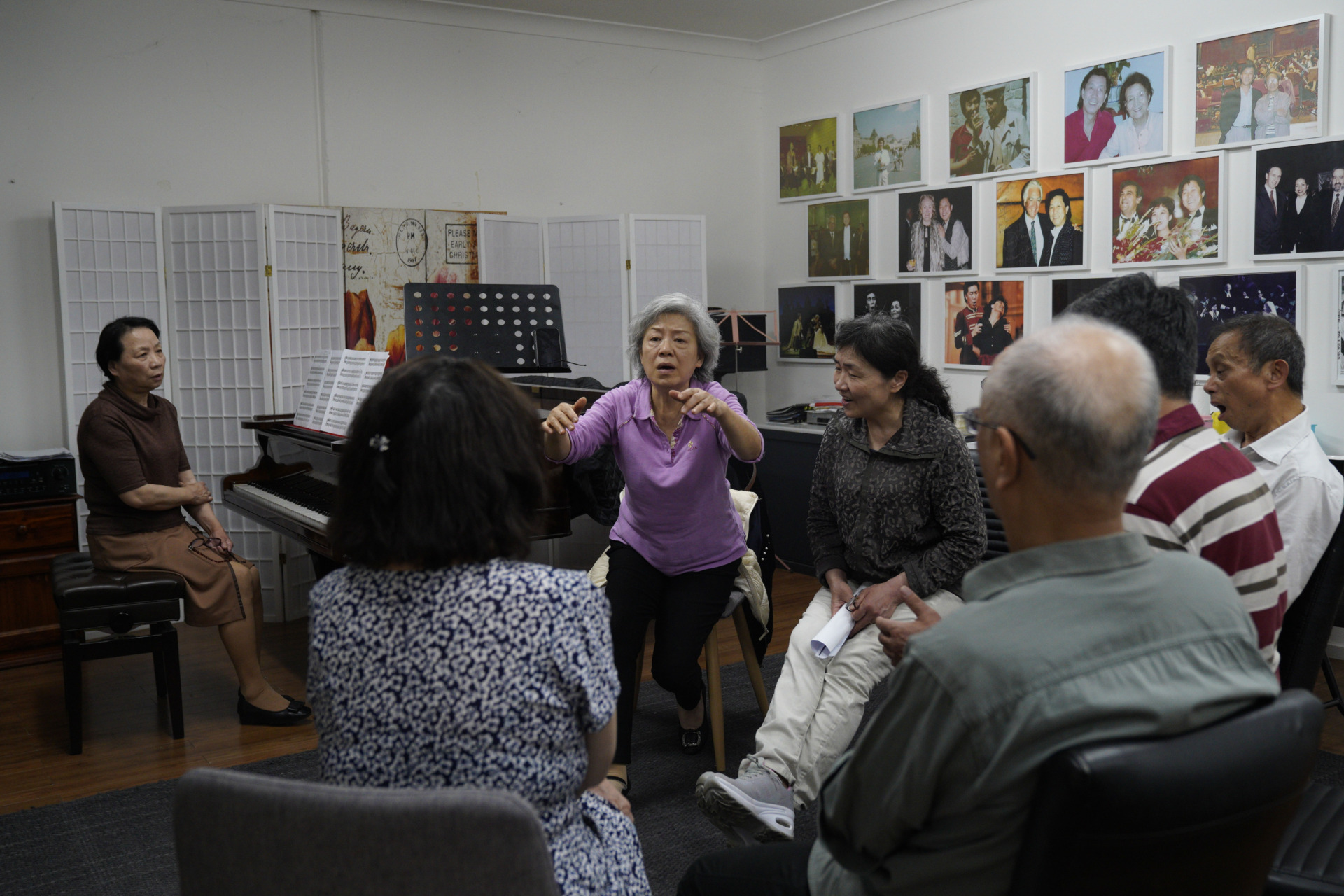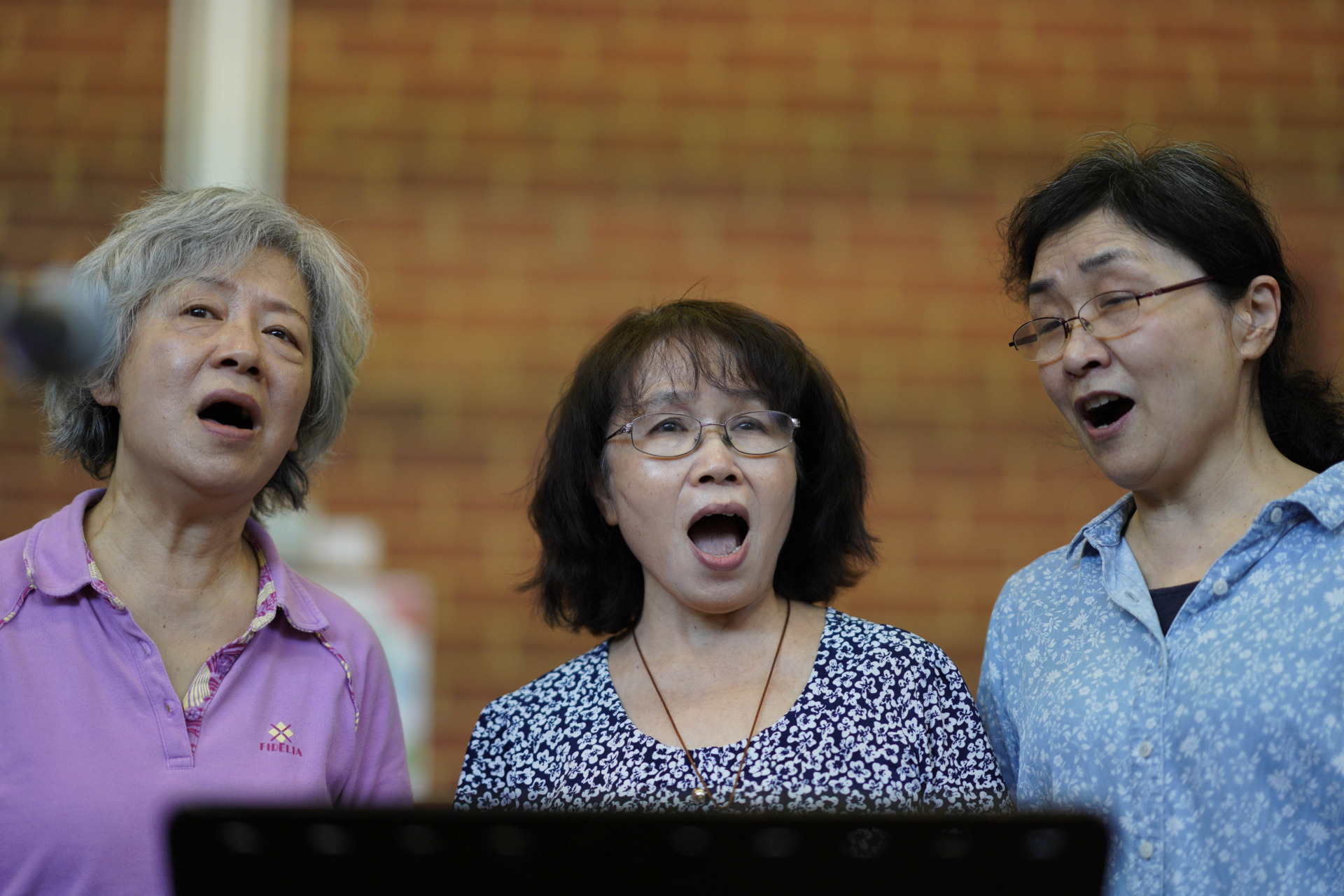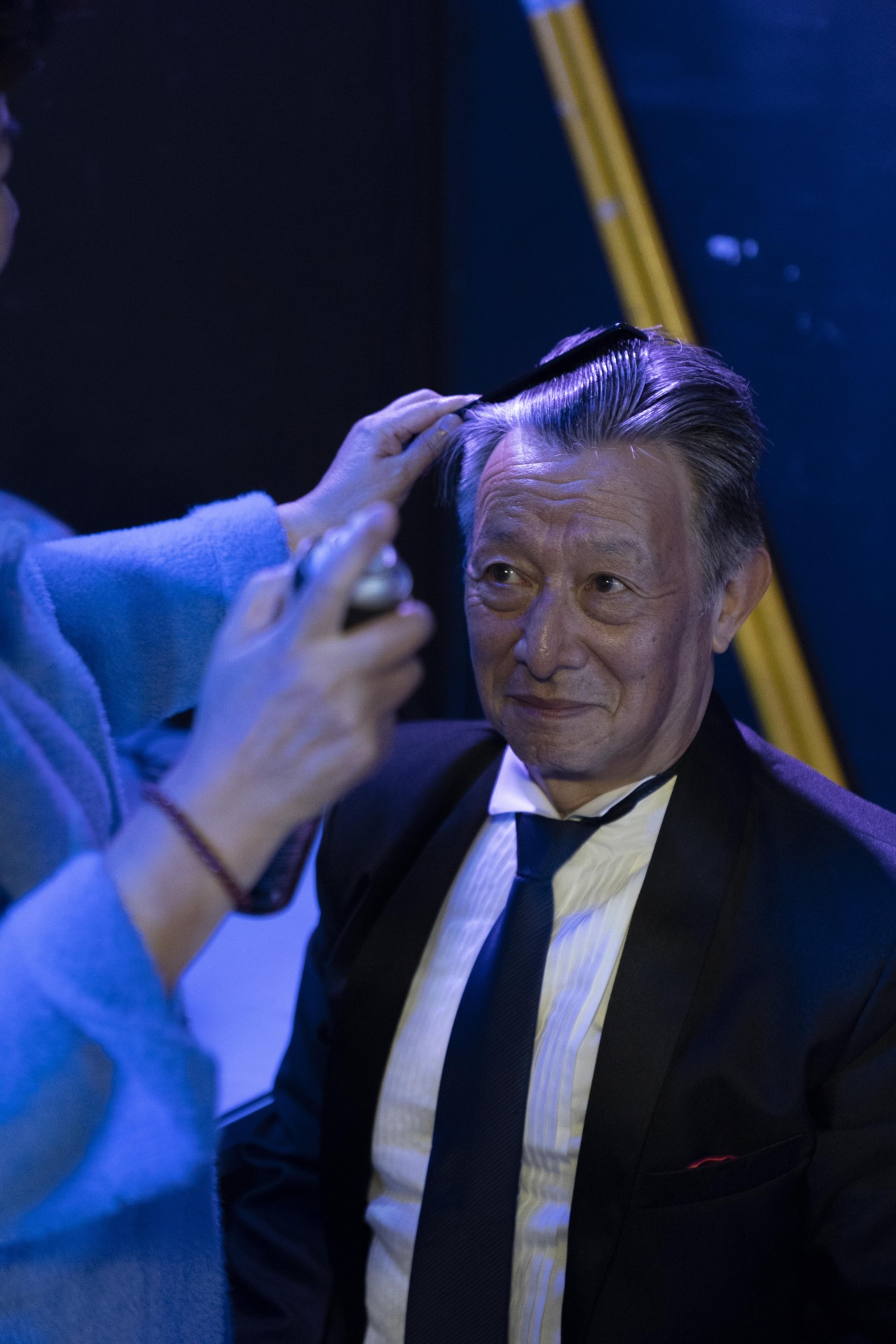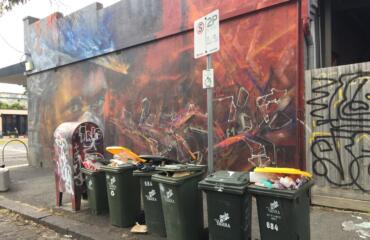As a younger man, Jia Yu worked in a Chinese army geological exploration team and often spent days in the forest with little in the way of entertainment.
“The only thing that accompanied us was our singing,” said Jia Yu.
Now, 33 years after migrating to Melbourne, he surrounds himself with music – from photos of singers on the walls to the piano that dominates his living room.
The 67-year-old is a co-founder of the Zhiyin (Soulmate) Choir, which brings an eclectic group of Chinese-Australian senior citizens together in Melbourne’s south-eastern suburbs, united by a passion for singing. The choir has become a place to break free of traditional ideas of elderly Chinese lifestyles – based around child-minding and cooking – and strive for something a little more exciting and glamorous.
“Life after retirement was boring, my cats and music filled my and [husband] Long Meng’s life,” said Jingping Mao, one of two conductors.
“Although I am not a professional musician, I regard myself as a part of the music industry because I have worked as an event organiser and host of the union … for more than 30 years. It’s not that easy to give up after I came to Australia.”
Other members have somewhat less musical pedigree.
Ken Lin was once the coach of the Chinese national ice hockey team, while Hongwei Zhang worked as an executive of a Fortune Global 500 company.
Overcoming the language barrier and adapting to life in Melbourne is quite difficult for seniors from China, and the choir gave members a place to share their experiences.
But then, the covid-19 pandemic interrupted all that.
When I met Jia Yu and his choir in 2023, they were preparing for their “comeback concert” after the pandemic. Documenting their return to the stage was a case of building trust slowly. For two months, I spent most weekends with the choir. Gradually, their attitude changed from “your existence will interrupt our practicing and make us distracted” to “will you come to join us this weekend?”.
Slowly, I was becoming a part of Zhiyin.
The choir takes its name from a traditional poetic story, ‘High Mountain Flowing Water’, about the friendship that developed between master quqin player Bo Ya and Zhong Ziqi, a simple woodcutter who could appreciated his music more than anyone else. When Zhong Ziqi died, Bo Ya was said to have smashed his instrument in grief. The term zhiyin means someone well versed in music, but at another level has come to take on the meaning of the English word “soulmate”.
That deep friendship was clear to see as I photographed the Zhiyin Choir.
The number of over 60’s in Australia who were born in China is increasing. In 2016, there were an estimated 46,000 older Chinese-Australians and at the last census in 2021 that number had risen to 76,000 – a 63 per cent increase.
For some, social isolation is an issue.
Some choir members have children who are increasingly busy with work, or their families returned to China, so singing provided an outlet for their creative pursuits and emotional health. A rehearsal space at Sundowner Community Centre was where their dreams took shape, in this case, a spring-themed post-pandemic comeback concert on stage at Caulfield Grammar school.
Sensible shoes and slacks were swapped for tuxedos and formal gowns.
“We are pretty excited and happy standing here again and welcome you all,” Jia Yu told the audience.
The Zhiyin Choir took to the stage to perform the 12 songs they had been practising for an entire year. Several of China’s ethnic minorities’ songs expressed their homesickness. They sang about the Yarra River and praised Australia as their second home.
Happiness showed on their faces as family members joined the singers on stage for the finale.
“Our plan is keeping chasing our dreams,” said Jia Yu.
“If we achieve our dreams, we are proud and happy [and] if we can’t, well, we also enjoyed the process.”

















